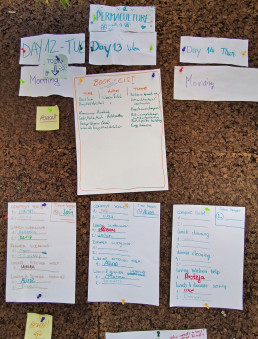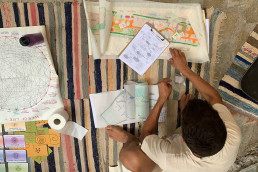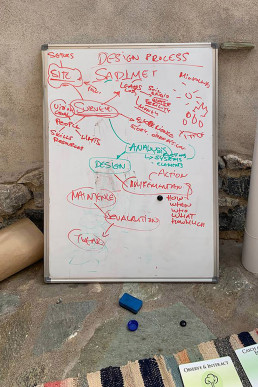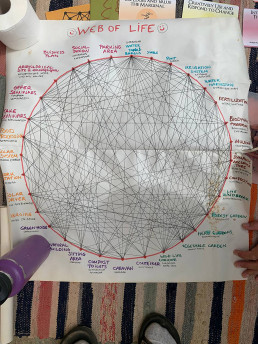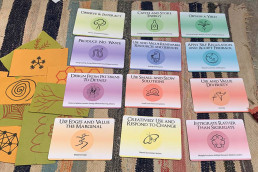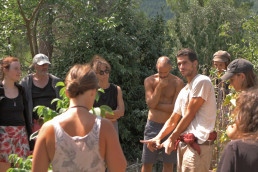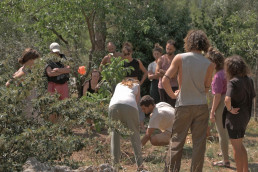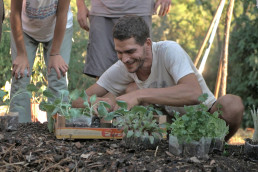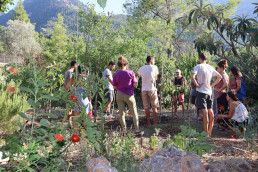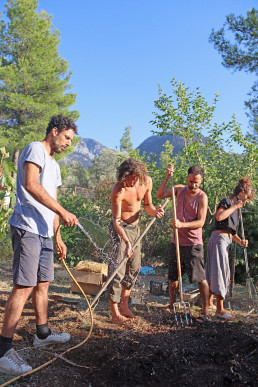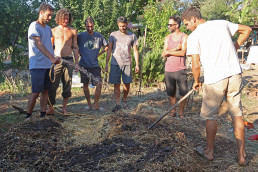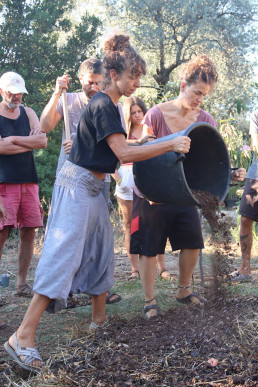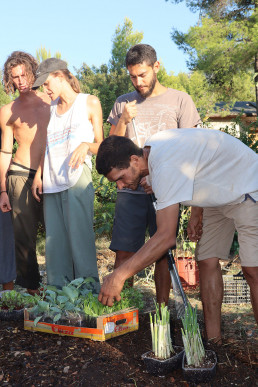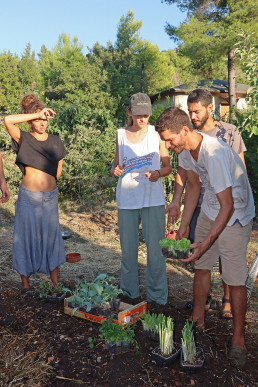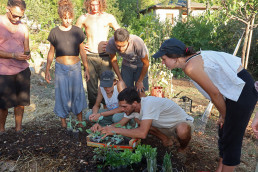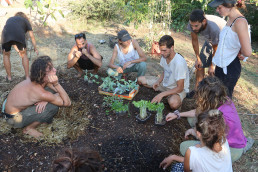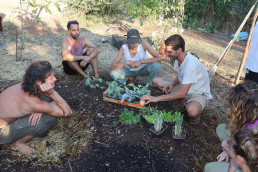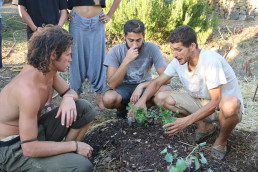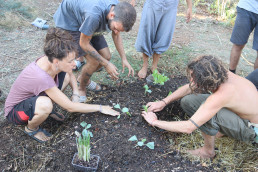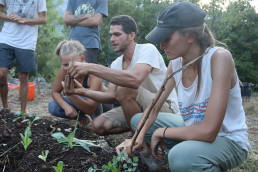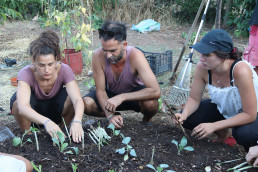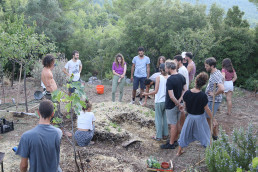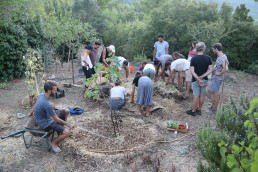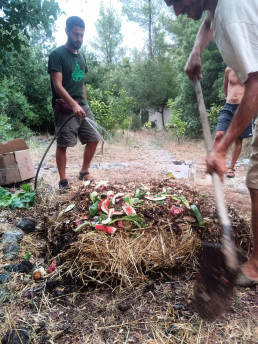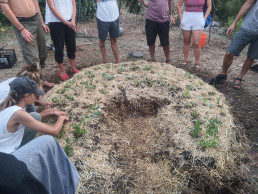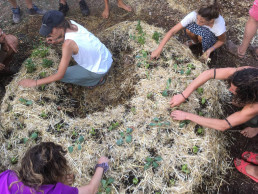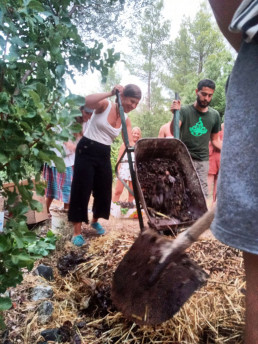What did we do?
We learned about the permacultural way of thinking, of designing our land and growing our food. Permaculture uses the inherent qualities of plants and animals combined with the natural characteristics of landscapes and structures to produce a life-supporting system for city and countryside, using the smallest possible area. During the training we learned about soil, composting methods, plants and animals and how to overcome specific problems / meet specific needs. We got to know the area and its micro-climate and planted a small garden on rocky ground.
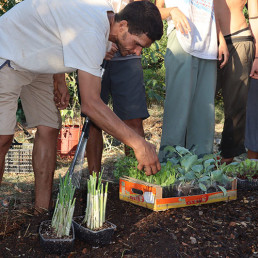
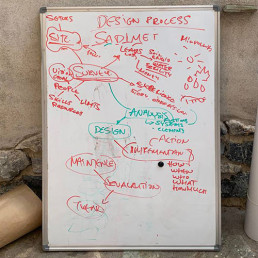
System thinking
Design land
Grow food
Soil & Composting
What did we gain?
Permaculture is a word that is associated with agriculture, but its meaning goes way beyond that. The aim of permaculture design is to create systems that are ecologically sound and economically viable, provide for their own needs, do not exploit or pollute, and are therefore sustainable in the long term. Participants had the opportunity to understand that there is a cause and an effect, an action and a re-action in all aspects of Life. They where encouraged to face problems in an holistic way, be active in the decision making and take responsibility for their actions. The garden they planted still provides food :)
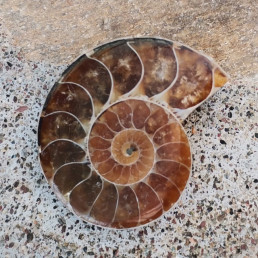
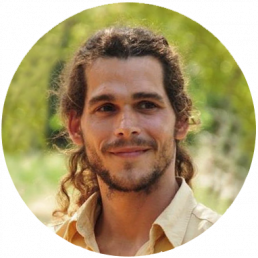
Facilitator
Alexandros Kostis
Regenerative nature and culture practitioner
Alexandros has been studying and working for long time in personal development, massage therapy and participatory leadership. Working on these fields offered him an understanding of the great potential of us people to be creative and healthy. His desire to come closer and learn how to work with nature led him to participate for first time in a Permaculture Design Course in 2013.
Since then he is designing and making small and medium scale gardens and food forests. Since two years now he is developing Livada Farm on Andros Island, Greece, a market gardening project where he is exploring how regenerative agriculture can be sustainable for people living in island systems.
Resources
Podcasts
We thought that producing a series of podcasts would help spreading the word, but also help participants digest the information gained. At the end of each module the thematic was briefly summarized and three questions where selected to be answered. Participants were split into seven different groups (according to language), consisting of four to six people each. The questions were:
- System thinking: How does system thinking influences your understanding on ecology?
- Permaculture principles: Which principle of permaculture inspires you and why?
- Intentions: What are your intentions after you have learned about permaculture and what do you want to bring back to your life?
Are you interested in the next Community Toolset workshop?
Subscribe now to receive first an update

